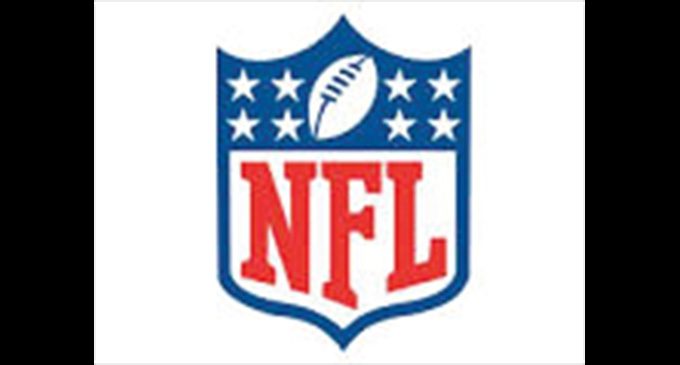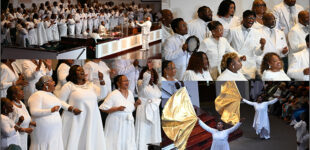The evolution of the black quarterback in the NFL
The NFL playoffs started last weekend and for the first time in the history of the league, there will be five African-American starting quarterbacks involved in the post season.

The NFL playoffs started last weekend and for the first time in the history of the league, there will be five African-American starting quarterbacks involved in the post season.
There is a total of 12 playoff teams in both conferences, so nearly 50 percent of teams will have an African-American playing under center. Patrick Mahomes (Chiefs), Dak Prescott (Cowboys), Lamar Jackson (Ravens), Deshaun Watson (Texans) and Russell Wilson (Seahawks) hope to lead their respective teams to the Super Bowl in the upcoming weeks.
The evolution of the black quarterback in the NFL has come a long way since Marlin Briscoe was the first African-American to start for an NFL team, in the Super Bowl era, on Oct. 6, 1968, for the Denver Broncos.
Over the next 50 years, Briscoe’s groundbreaking start has helped to transform the position into a colorblind position, finally. During the 50s, 60s and most of the 70s, black quarterbacks were thought to not have the mental capacity needed to play the position. Many that were very productive in college were converted to other positions such as wide receiver or cornerback.
James Harris of the Los Angeles Rams is also a forgotten pioneer for the position. In 1974 Harris led the Rams to the playoffs, becoming the first black quarterback to start and win a playoff game. He was also named to the NFC Pro Bowl team that season and was named MVP of the game. Injuries somewhat derailed his career, but he was further proof that skin color does not matter at the position.
As society began to change its views on African-Americans, the same happened in the NFL, somewhat. I was born in 1981 and as a young football fan, I rarely saw a black quarterback start for any NFL team.
I have been a die-hard Washington Redskins fan my entire life. I vividly remember Doug Williams starting and winning Super Bowl XXII against the Denver Broncos, even though I was only six years old at the time. I was not able to really appreciate the importance of that victory until years later.
Williams not only won the game, but he was the MVP, throwing for 340 yards and four touchdowns, both Super Bowl records at that time. That game showed that not only was an African-American capable, but could also excel if given the chance to play.
Other black quarterbacks who opened the door in the 80s and 90s were Warren Moon, Randall Cunningham, Kordell Stewart, Daunte Culpepper and Steve McNair. In previous decades, an African-American was more than likely a “dual threat” quarterback that could run just as well as he could pass. In the 80s and 90s these players proved that they could make a living with their arms and comprehension of the position.
At the turn of the millennium, the door swung wide open for the African-American quarterback. Players such as Michael Vick, Vince Young and Donovan McNabb continued to push the envelope to the place we are today.
Besides the five that started this playoff season, Jameis Winston, Tyrod Taylor, Teddy Bridgewater, Jacoby Brissett and, of course, Cam Newton, have all enjoyed moderate to high success in the NFL.
With African-American’s making up more than 70 percent of players in the league, it’s only natural to have more and more African-Americans playing the position of quarterback. I am happy to see the black quarterback is accepted for their arm talent most often over their legs. Mahomes, for instance, has thrown for 50 touchdowns and over 5,000 yards. He has been selected to the Pro Bowl, is first team All-Pro, and is the leading candidate for NFL MVP.
In the next 10 years, it would not surprise me to see more than half of the teams in the league have an African-American starting under center. Let’s just hope this evolution transitions to the head coaching position, but that is an argument for another day.















